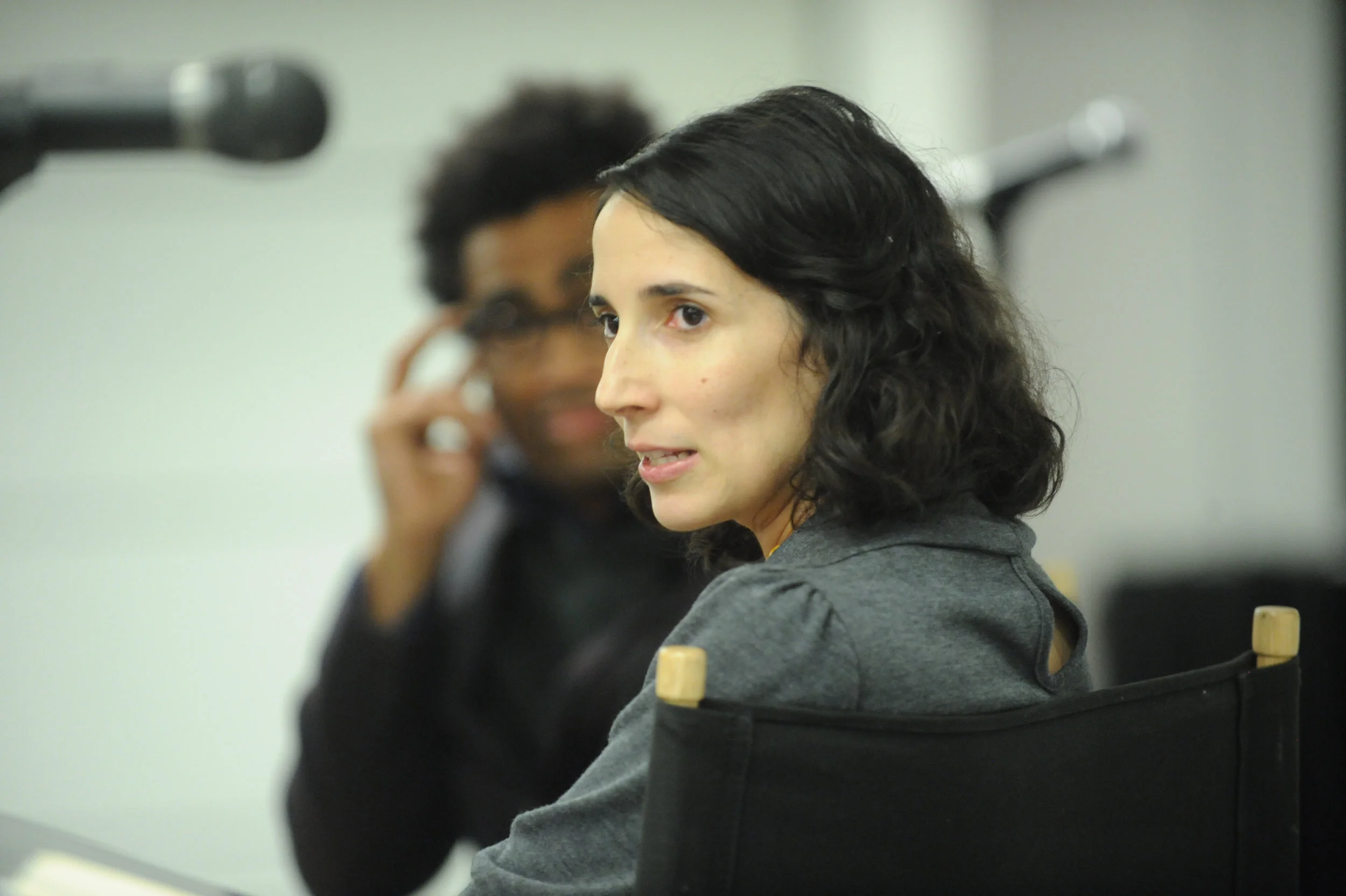I recently heard from a student of mine who’s El Salvadorian, and she told me she finally understood the book’s title story now that she’s been away at college for a year. Most of the response has been geared toward the book’s approach to class issues, its treatment of Miami as a landscape, and the way the characters handle their budding sense of what it means to grow up as “other” in the U.S. while still seeing it as home.
Sound & Image, Naomi Extra Interviews Amaud Jamaul Johnson
I think if you want to talk about the larger American problem, the larger American problem, poetry and otherwise, is ahistorical. A disconnect from the past. You know, like people who wake up in the morning, put on their underwear, and think that the world’s brand-new. Black people don’t have that luxury. If we don’t remember how we got here, if we don’t try and maintain those connections within family and across generations we’ll fall apart, because then we get sucked into the same traps.
The Language is its Own Music, Luivette Resto Interviews John Murillo
In the third section, “Flowers for Etheridge,” is about my father’s blues because Etheridge’s Knight life was my father’s in many ways. The hip-hop poems are driven by the quote, “With the rhythm it takes a dance to. What we have to dance underwater without getting wet,” because as people of color it is in the music. We can feel it. We can be grace under fire or go underwater as the line says.








